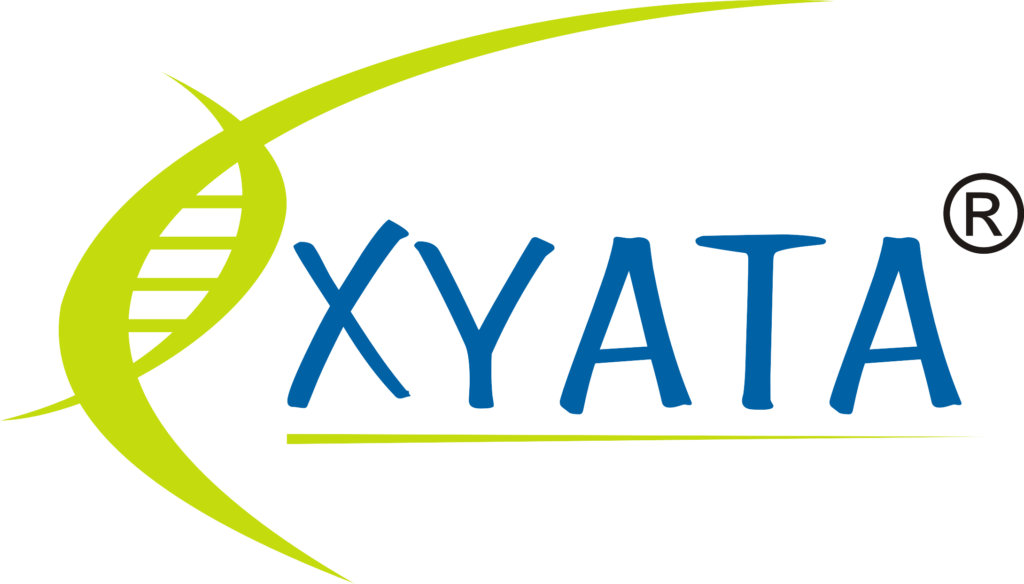India, A Global Pharma Leader
India has established itself as a global powerhouse in pharmaceutical manufacturing and exports. Renowned as the “Pharmacy of the World,” India produces a diverse range of high-quality pharmaceutical products. From routine medications to cutting-edge biologicals, recombinants, devices, nutraceuticals, and Ayurvedic supplements, India caters to the needs of global markets.
With over $25 billion in pharma exports in 2022, India supplies 50% of global vaccines, 40% of generic drugs in the United States, and 25% of all medicines in the United Kingdom. However, navigating this vast and dynamic market presents unique challenges that require careful planning, precise import strategies, and robust partnerships.
The Complexity of India’s Landscape
India is a vast nation comprising 28 states and 8 Union Territories, with significant cultural and linguistic diversity. While 22 official languages are recognized, over 121 languages and 270 mother tongues are spoken. This diversity reflects the country’s vibrant character but also adds complexity to navigating the pharmaceutical industry.
India is home to 3,500+ pharmaceutical manufacturers spread across these regions, producing a wide range of products. However, this scale brings inherent risks, including the potential for counterfeit or substandard medicines.
The Challenge of Counterfeit Medicines
Counterfeit medicines pose a global threat, undermining trust in healthcare systems and endangering lives. As per estimates, counterfeit medicines lead to a $46 billion annual loss for pharmaceutical companies worldwide. In India, studies suggest that 20% of the drug market in 2013-14 consisted of counterfeit drugs.
These fake medicines can have severe consequences:
- Wrong active ingredients or incorrect dosages can render treatments ineffective or harmful.
- Anti-infectives, cardiovascular drugs, and antimalarials are the most counterfeited, jeopardizing millions of lives.
- Even experienced healthcare professionals can struggle to differentiate genuine medicines from counterfeit ones.
Key Risks in Sourcing Pharmaceuticals in India
- Quality Variations:
With thousands of registered and unregistered manufacturers, ensuring consistent product quality can be challenging.
- Inadequate Certifications:
Not all manufacturers adhere to Good Manufacturing Practices (GMP) or possess internationally recognized certifications.
- Counterfeit Risks:
Poorly regulated segments may allow counterfeit products to enter the supply chain.
- Regulatory Complexity:
Importing pharmaceutical products requires compliance with stringent international and Indian regulations.
- Geographic and Cultural Barriers:
The sheer scale and diversity of the country make it difficult for importers to assess manufacturers effectively.
The Solution: Partnering with Reliable Export Experts
- To mitigate these challenges, importers need to collaborate with trusted export partners who possess:
- In-depth knowledge of India’s pharmaceutical landscape.
- Expertise in evaluating manufacturers based on quality standards and certifications.
- Strong networks to identify and source from the best manufacturers.
- Understanding of regulatory requirements and cultural nuances.
A reliable export partner ensures you receive pharmaceutical products of unquestionable quality while avoiding the pitfalls of counterfeit or substandard medicines.
The Importance of Import Strategies
A well-defined import strategy includes:
- Vendor Verification:
Selecting suppliers with proven track records and internationally recognized certifications.
- Regulatory Compliance:
Ensuring all products meet the regulatory standards of the target market.
- Thorough Documentation:
Maintaining transparency with clear records of product origin, certifications, and testing results.
- Quality Audits:
Conducting regular inspections of manufacturing facilities.
- Market Expertise:
Leveraging an export partner’s knowledge to align with the unique needs of your market.
Example: Tackling Counterfeit Medicines
Consider this: An importer in Africa required affordable antimalarials but faced challenges identifying genuine manufacturers. With the help of a reliable Indian export partner, they sourced high-quality products that met both regulatory and therapeutic standards. This not only ensured public trust but also helped the importer expand their market share.
Frequently Asked Questions (FAQs)
- What are counterfeit medicines, and why are they dangerous?
Counterfeit medicines contain incorrect, insufficient, or no active ingredients, making them ineffective and potentially harmful. They can cause treatment failures and pose serious health risks.
- How can importers identify high-quality manufacturers in India?
Partnering with reliable export experts and conducting thorough audits of manufacturing facilities is essential to identifying quality manufacturers.
- What certifications should I look for when sourcing from India?
Look for GMP (Good Manufacturing Practices), WHO prequalification, and ISO certifications as indicators of quality.
- How do export partners help mitigate risks?
Export partners navigate regulatory complexities, verify suppliers, and ensure the sourced products meet global quality standards.
- Which products are most affected by counterfeit risks?
Counterfeiting is most common in anti-infectives, cardiovascular drugs, and antimalarials.
Conclusion: Choosing the Right Export Partner Matters
India’s pharmaceutical industry offers immense opportunities for importers, but the risks of counterfeit or poor-quality products cannot be overlooked. By partnering with trusted export experts familiar with the nuances of the India Pharma landscape, you can confidently source top-tier products and avoid pitfalls.
XYATA specializes in connecting international buyers with reliable manufacturers, ensuring the delivery of authentic, high-quality products that meet global standards. Let us help you build a robust and seamless Pharmaceutical Business.
STAY HEALTHY, STAY BLESSED!
